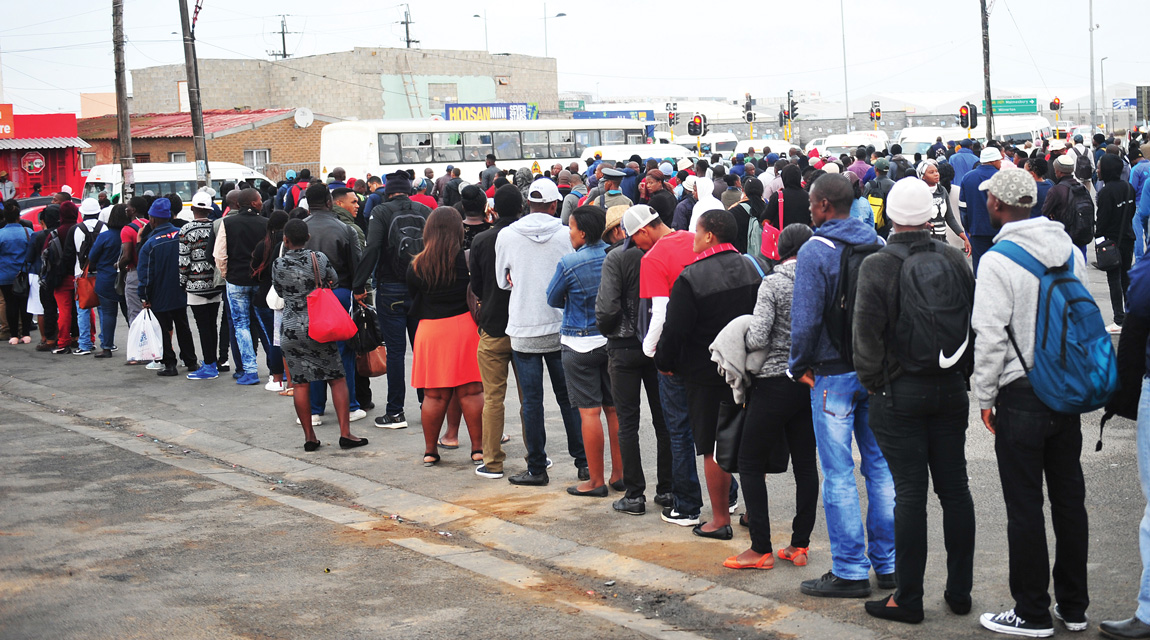A note on the strikes

The bus drivers’ strike in may will have far-reaching economic implications.
As an economist, I am often asked to delve into unfamiliar topics to provide commentary. The month of May was different, however, as I was given the chance to provide my commentary on the bus strike, which affected me personally. As a user of public transport, my schedule was severely affected by the inconvenience of losing the option to take the bus.
The bus strike came at possibly the toughest time for the economy. The events at the end of last year provided us with the opportunity to take to heart that an economic recovery may be on the cards, as relief at the petrol pumps and a new political regime promised new hope.
However, April brought about a cruel stumbling block to any economic acceleration. In 2017, a rising oil price, buoyed by geopolitical and global supply and demand factors, had been offset from affecting the petrol price only by the stronger rand.
The introduction of the fuel levy in April provided the first knock to consumers, at a time when the price was expected to drop once again.
Heading into May, a resurgent dollar erased much of the support that the rand was able to provide against the rising oil price, suggesting that further petrol price hikes are on the cards.
During the hardest of the Zuma years (among which I count 2015 to 2017), labour was forced to tone down wage demands to a level closer to a percent or two (at most) above inflation.
The compromise on wage growth allowed many sectors to remain in business from a cost perspective, as well as from a business perspective; as cumulative work days lost to strike action also moderated to around two million in 2015 and 2016, from highs of 12 million in 2014.
This helped growth prospects significantly during the down years, but the effect of this is now being felt. Years of wage increases that were close to average inflation has meant that, down the line, many unions are demanding high wage increases to improve the living standards of their members (which had remained largely stagnant for a long time).
When bus drivers embark on a strike, commuters are forced to find alternative means to get to work and back. Sadly, a large percentage of the population do not have the luxury of private transport, and are forced to consider options such as taxis; which are significantly less safe, more expensive and less efficient than buses.
This means that a greater proportion of their time and income is lost as a result. In addition, the input costs of bus companies have risen significantly. The triple knock of VAT, the fuel levy and above-average wage demands is likely to make the cost of bus trips significantly more expensive in the near future.
For the poorest of the poor, that’s not an easy pill to stomach.
Published by
Sam Rolland
focusmagsa



